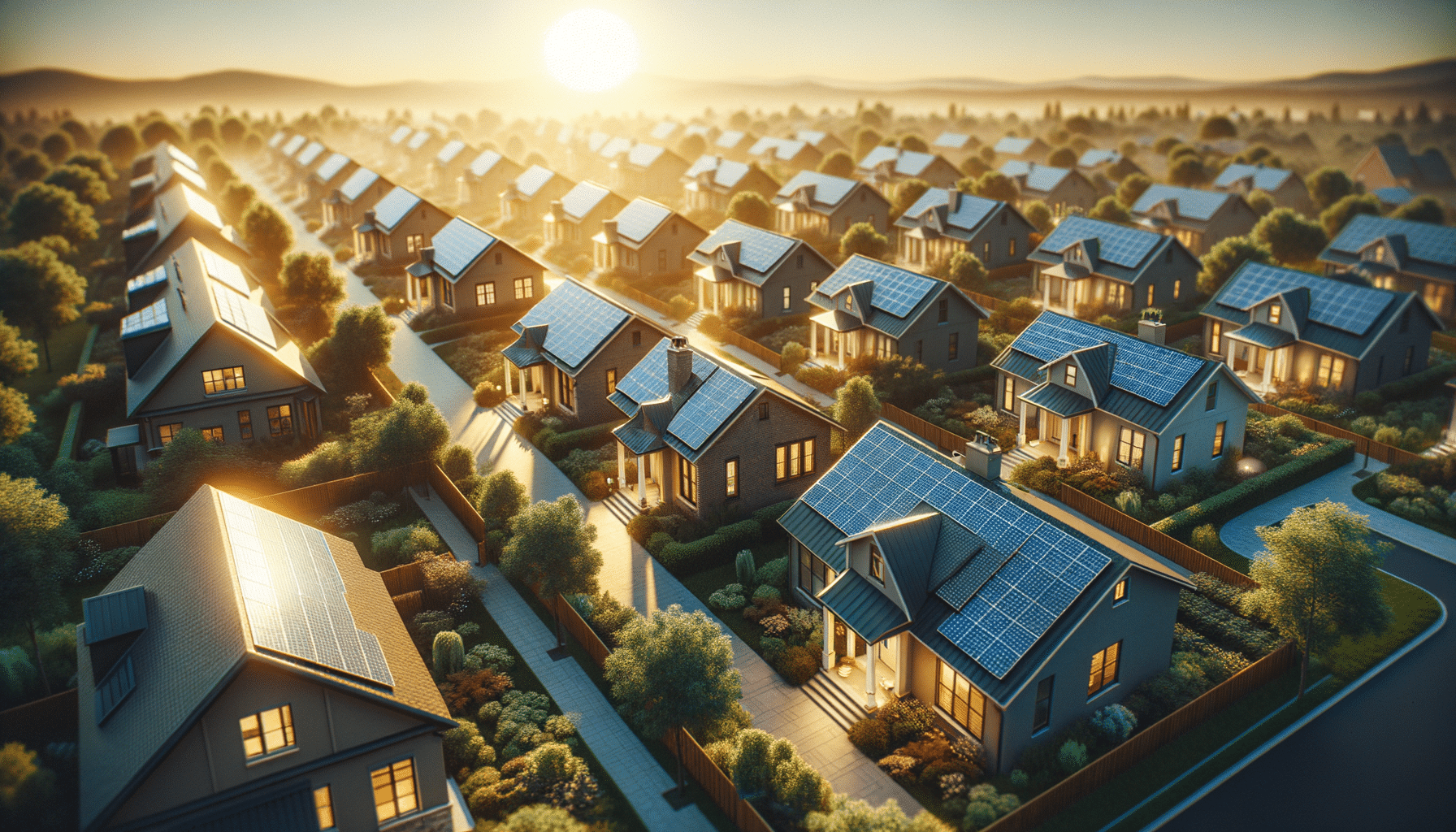
The Future of Smart Homes: A New Investment Opportunity
Imagine stepping into a world where your home anticipates your needs, adjusts the temperature, dims the lights, and even brews your morning coffee—all before you step out of bed. This is not a scene from a science fiction movie, but a glimpse into the future of smart homes, which are rapidly becoming a promising investment opportunity in the real estate market.
As technology continues to advance, the concept of smart homes is transforming from a luxury to a standard feature in modern households. The integration of IoT (Internet of Things) devices is revolutionizing how we interact with our living spaces, offering convenience, energy efficiency, and enhanced security. According to a report by Statista, the global smart home market is projected to reach over $53 billion by 2022, highlighting a significant opportunity for investors.
The Rise of Smart Homes
Smart homes leverage cutting-edge technology to automate and control household systems such as lighting, heating, and security. This trend is not only reshaping the way we live but also influencing real estate investments. Industry experts suggest that investing in smart home technology can potentially increase property values and attract tech-savvy buyers.
“Investing in smart home technology can yield substantial returns,” says Michael Taylor, a real estate technology analyst. “As the demand for automated homes rises, properties equipped with these features are likely to see higher appreciation rates.”
Why Smart Homes Are a Lucrative Investment
Investors are drawn to smart homes for several reasons:
- Increased Property Value: Homes equipped with smart technology often have a competitive edge in the market.
- Energy Efficiency: Smart thermostats and lighting systems reduce energy consumption, appealing to eco-conscious buyers.
- Enhanced Security: Smart security systems offer features like remote monitoring and alerts, which are attractive to potential homeowners.
Incorporating smart technology not only meets current consumer demands but also future-proofs properties against technological obsolescence.
Smart Home Technology: A Diverse Market
| Technology | Functionality |
|---|---|
| Smart Thermostats | Adjust temperatures remotely, saving energy. |
| Smart Lighting | Automate lighting schedules and reduce electricity use. |
| Security Systems | Remote surveillance and alerts for enhanced safety. |
| Smart Appliances | Efficient operation and remote control features. |
| Home Assistants | Voice-activated control of home devices. |
| Smart Locks | Enhanced security with keyless entry. |
| Water Leak Detectors | Prevent water damage with early alerts. |
| Smart Sensors | Monitor and automate various home functions. |
How to Invest Wisely in Smart Homes
For those considering investing in the smart home sector, here are some actionable tips:
- Research and understand the latest smart home technologies.
- Consider investing in properties that already have smart features integrated.
- Stay informed about consumer trends and demands in the smart home market.
- Evaluate the cost of adding smart technology versus the potential increase in property value.
FAQ
What is a smart home?
A smart home uses internet-connected devices to enable remote management and monitoring of systems such as lighting, heating, and security.
How do smart homes impact real estate value?
Smart homes often have increased market value due to their advanced features, energy efficiency, and security enhancements.
Are there any risks associated with investing in smart homes?
As with any investment, there are risks, including technological obsolescence and high initial setup costs. However, staying informed can mitigate these.
Conclusion
The future of smart homes is not just a technological trend but a significant investment opportunity in real estate. As consumer demand for convenience and efficiency grows, properties equipped with smart technology will continue to rise in value. By understanding the potential and staying informed about the latest innovations, investors can make strategic decisions that align with the evolving landscape of real estate.


